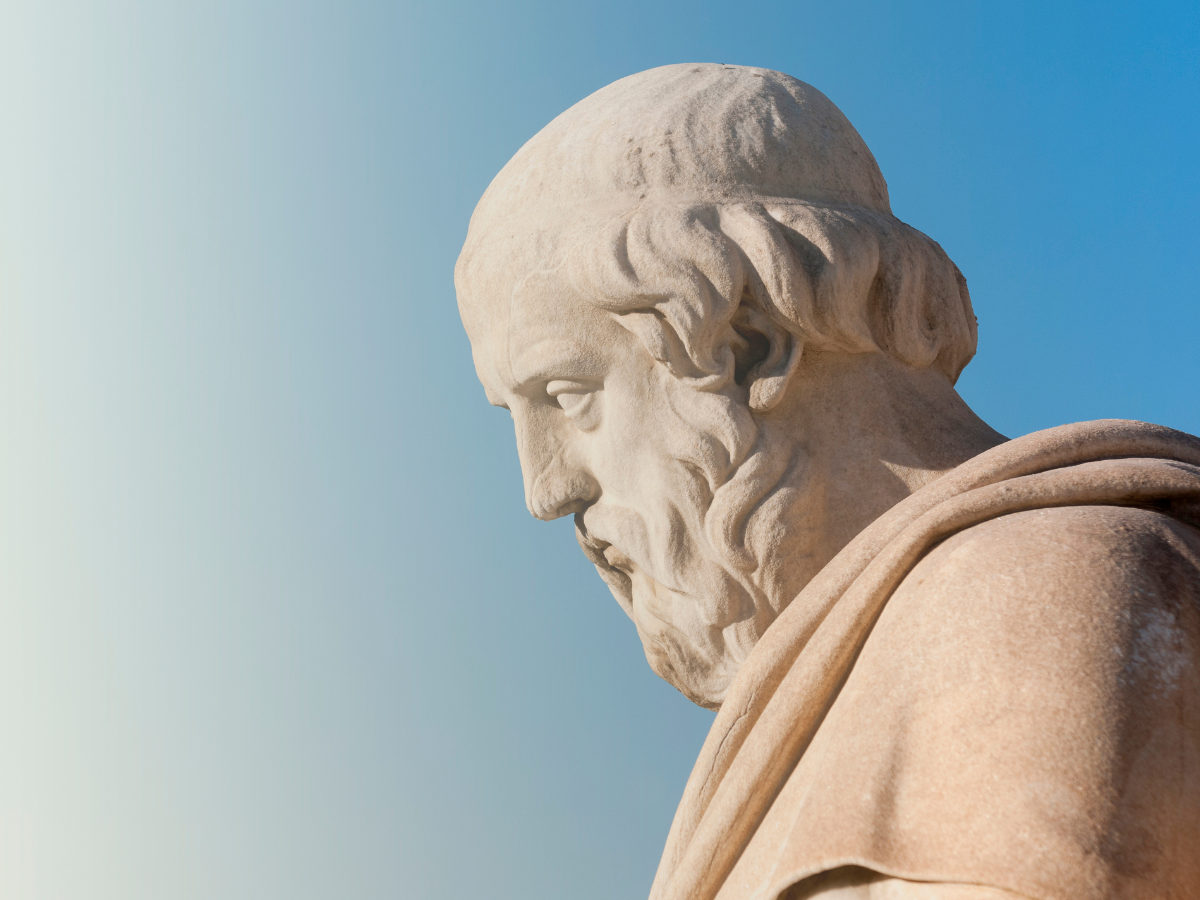
From Plato to Platonic Love…
What comes to mind when we hear the word "platonic love"? Unannounced love, a one-sided love even without questioning….. Platonic love is the pure love of a person without the knowledge of the other person and without any expectation from the other person. Platonic love is pure love for the beloved one free from all expectations.
So what does Plato have to do with platonic love? We'll talk about that too. But let's talk a little bit about the origin of the word.
The current definition of platonic love is used in the sense of "unquestioned love".
Platonic love even found a place in Sufism. This is called abstraction from the concrete, that is, reaching from the concrete to the abstract. In fact, it has been a subject that has been handled extensively in classical Ottoman poetry. Although platonic love is perceived as "unrequited love" or "impossible love", this is not so. This is where the Greek philosopher Plato comes in. This definition is an idiom derived from Plato's "The State". Plato always prioritized the state and positioned it on ideals. In this work, Plato made a description of an impossibly ideal state. So much so that the state should exist only for the interests of its citizens. In this regard, he took his arguments and ideals so far that he stated that those who govern the state should be philosophers. Of course, it's an impossible situation... But it's still nice to think and dream, isn't it? The word "Platonic" has become an idiom that is said to be "how beautiful it would be" if this situation were realized, that was thought unilaterally and was an interpreter of thoughts... In other words, the essential thing is “ideal love”, what is thought to be and what should be…
If we consider that true love can be achieved not in a physical way but in a spiritual way, Plato's philosophical proposition expresses the ideal, that is, "platonic love".
By the way, we come across the following lines in Plato's "Symposion", that means "Feast": “The beauty of the mind is higher than the outward beauty. So if someone with a high spirit but little beauty comes along, he will love it and generate ideas that can develop young people. Until the beauty in institutions and laws is seen and created and the beauty in the family is understood… Later it will be understood that personal beauty is unimportant....”
The following sentence is also meaningful in Russian Author Lev Tolstoy's novel Anna Karenina: "Those who do not know platonic love cannot talk about tragedy. Tragedy is peculiar to platonic love …”
Here is a return to the tragedies of Ancient Greece in a single sentence… Isn't it?
In short, platonic love, which turns from the concrete to the abstract, inspires the soul and therefore the mind. Platonic love is the ideal state of the soul and mind…
